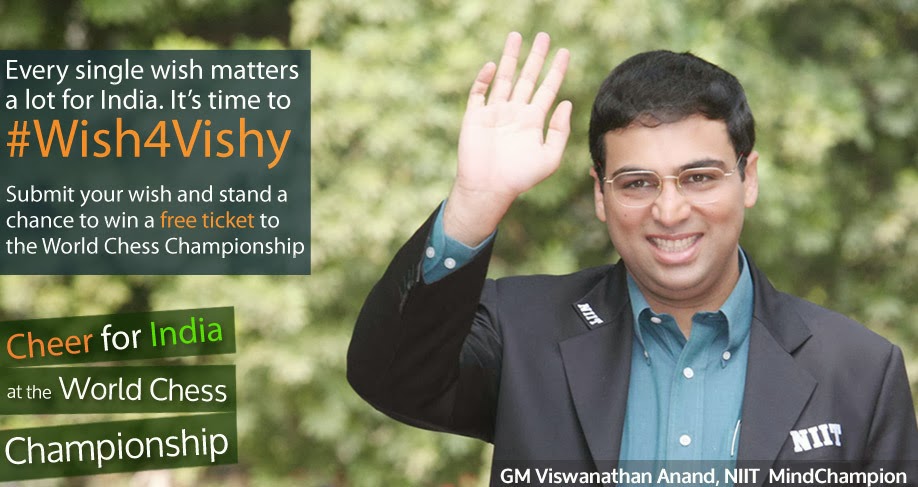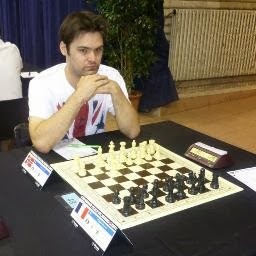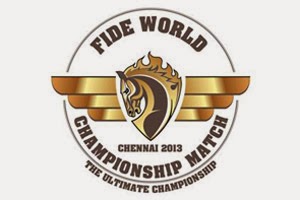Chennai: Former world chess champion Garry Kasparov, 50, may have retired from chess, but his aura as one of the strongest players in the game's history hasn't yet dimmed. Kasparov is the favourite player for even youngsters born after his retirement in 2005. “Kasparov is a legend. He was an undisputed world champion for more than 15 years. He will never be forgotten,“ said GM Sahaj Grover of Delhi.
GM-elect Ashwin Jayaram of Chennai says Kasparov is still revered by all chess players, because he left the game in his prime. “Kasparov was world no.1 for a long time and it was extremely difficult to face him until the final years of his retirement. Considering his political activism after retirement, he is still a very important figure,“ he said, adding that Kasparov was always dominant in tournaments, like Fischer before him and Carlsen after him.
A chess discussion without Kasparov is never complete. Not many chess players have enjoyed as much influence as the Russian post retirement.
Israeli GM Lev Psakhis, once a good friend of Kasparov, told Deccan Chronicle that the Azerbaijan-born world champion is a very interesting and clever person who produced a lot of noise.
“It would be good for chess if he came back,” he said, adding that he would choose Kasparov instead of Kirsan Ilyumzhinov for the Fide president post. The world’s popular chess player, who has won 11 chess Oscars and played in eight chess Olympiads, has recently announced his candidature for Fide president’s post in 2014.
“Once I told Kasparov that he was champion in making enemies. He asked me why? The truth is that he doesn’t want to create scandals. Many a time, it comes with him like thunder accompanying lightning,” said Psakhis, who added that his “former friend” respects Anand, even though he questioned the Indian’s enthusiasm during the world championship last year.
“Anand and Kramnik are great persons but maybe that’s why they are not very famous outside the chess world. We need some scandals, some blood possibly in good point of view and for that we need Kasparov,” said Psakhis. According to the Israeli, Kasparov, who held on to the world no. 1 ranking from 1996 to 2005, is an electric personality and he can add value to the game.
Anand may have won five world titles but none of them came against Kasparov. According to Ashwin, after his loss at the hands of Kasparov in 1995, Anand was certainly looking forward to another match with the Russian, but it didn’t materialise owing to politics.
While lack of personal goals forced Kasparov to quit chess on March 10, 2005, the person, who sat across the chessboard from Karpov for more than 600 hours in his life and one who is currently involved in a political battle with the Russian president Vladimir Putin could well play an important role in the forthcoming Fide world championship match between Anand and Carlsen. (Article continued after quote)
-------------------------------------------------------------------
Kasparov trained Carlsen for a year in 2009 and Anand had acknowledged the Russian GM’s help during his match against Topalov in 2010.
Further in a recent interaction with the media in Chennai, Carlsen did not rule out working with Kasparov for the match against Anand.
“It depends on how Carlsen feels about working with Kasparov. The general perception now is that Carlsen and Kasparov had parted ways because the latter was too domineering. So it’s basically up to Carlsen to assess if that is a bigger factor than consulting one of Anand's most difficult opponents. He would keep his association with Kasparov a secret to keep the doubt in the air,” Ashwin said.
Kasparov to visit Chennai during the world championship match
The world chess championship match between Viswanathan Anand and Magnus Carlsen in Chennai will have an uninvited special guest: Garry Kasparov. The charismatic former world champion is expected to be in Chennai on November 11 and 12. Kasparov has consented to take part at the annual conclave of a weekly in Goa from November 8 to 10.
The presence of Kasparov will be a PR coup for the world championship, starting from November 9. At the same time, the organisers may also be worried over the Russian GM’s ability to court controversy.
During the last world championship between Anand and Boris Gelfand in Moscow, Kasparov infuriated the Indian by commenting that a spate of draws resulted from his “lack of enthusiasm.” The affable Anand later retaliated by saying “Kasparov misses the attention he used to get and he should come out of retirement.“
Understandably, Kasparov will not be an official guest of the organising committee. “But, as a chess player everyone is allowed to come and watch the game,“ said a member o the organising committee There is no love lost betwee Kasparov and the curren Fide establishment as the Russian has already declared his candidacy for the president's post of the world chess body in next year's elections.
In a recent survey conducted by this newspaper (Deccan Chronicle), most of the grandmasters most of the grandmasters in India chose either Bobby Fischer or Kasparov as their all-time favourite chess player. Kasparov is such a tall figure in chess that he has the magnetism to be the centre of attention during a world championship match he is not part of.
----------------------------------------------------------------------------
Further in a recent interaction with the media in Chennai, Carlsen did not rule out working with Kasparov for the match against Anand.
“It depends on how Carlsen feels about working with Kasparov. The general perception now is that Carlsen and Kasparov had parted ways because the latter was too domineering. So it’s basically up to Carlsen to assess if that is a bigger factor than consulting one of Anand's most difficult opponents. He would keep his association with Kasparov a secret to keep the doubt in the air,” Ashwin said.









































